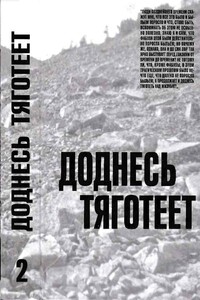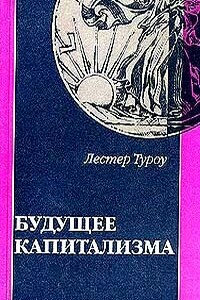Нации и этничность в гуманитарных науках. Этнические, протонациональные и национальные нарративы. Формирование и репрезентация | страница 54
Ключевые слова: до-модерное национальное единство; этничность; Западный Хунань; национальные нарративы; признание идентичности.
NATIONHOOD AND ETHNICITY AT THE FRONTIER: A STUDY OF WESTERN HUNAN FROM PRE-MODERN TO EARLY MODERN CHINA
Caspar Hirschi defines “nation” in terms of the multipolarity of nationality in contrast to the bi-polarity of empire. Similarly, Len Scales also suggests the complexity of pre-modern identities. In response, my research aims at probing into the societal changes of Western Hunan – a region which has been a multi-ethnic frontier of the Chinese Empire for centuries. In this paper I investigate the characteristics of multi-polared nationhood and premodern ethnicity in the local history of Western Hunan in late imperial (14th to early 20th century) China. I also look into their impact on the development of nationalism in Western Hunan in the Republican period (1912–1949), which took the form of shaping Republican citizenship and minority ethnic identity.
Drawing from accounts about a series of military activities, educational institutions and transregional commercial networks, the nature and changes of Chinese nationhood is examined through analyzing the relationship between indigenous communities (mainly the Hmong ethnic group) and the central imperial government. Local intellectual and military elites entered central governmental institutions through civil and military service examinations, or through serving in the national army. The successive imperial regimes advanced the integration of local communities by incorporating local deities into the national pantheon and sponsoring local gazetteer publication projects. Through state rituals and official documentation at an empire-wide level, a national identity was gradually formed and shaped. Multi-polared ethnic identities have emerged as a result of negotiating with the central government over issues concerning land use, taxation and the quotas of civil service examination degrees. These premodern forms of nationhood and ethnicity served as an important foundation and a source of continuous influence in the construction of nationalism in Western Hunan in the final years of the Chinese empire and the following Republican period.
Keywords: Pre-modern nationhood; ethnicity; West Hunan, national narratives; identity recognition.
СПИСОК ЛИТЕРАТУРЫ (REFERENCES)
1. Fiskesjó Magnus. “On the Raw and the Cooked Barbarians of Imperial China”,





